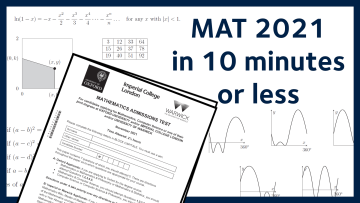09:00
Deletion and contraction for Hausel-Proudfoot spaces
Abstract
Dolbeault hypertoric manifolds are hyperkahler integrable systems generalizing the Ooguri-Vafa space. They approximate the Hitchin fibration near a totally degenerate nodal spectral curve. On the other hand, Betti hypertoric varieties are smooth affine varieties parametrizing microlocal sheaves on the same nodal spectral curve. I will review joint work with Zsuzsanna Dansco and Vivek Shende (arXiv:1910.00979) which constructs a diffeomorphism between the Dolbeault and Betti hypertorics, and proves that it intertwines the perverse and weight filtrations on their cohomologies. I will describe our main tool : deletion-contraction sequences arising from either smoothing a node of the spectral curve or separating its branches. I will also discuss some more recent developments and open questions.



